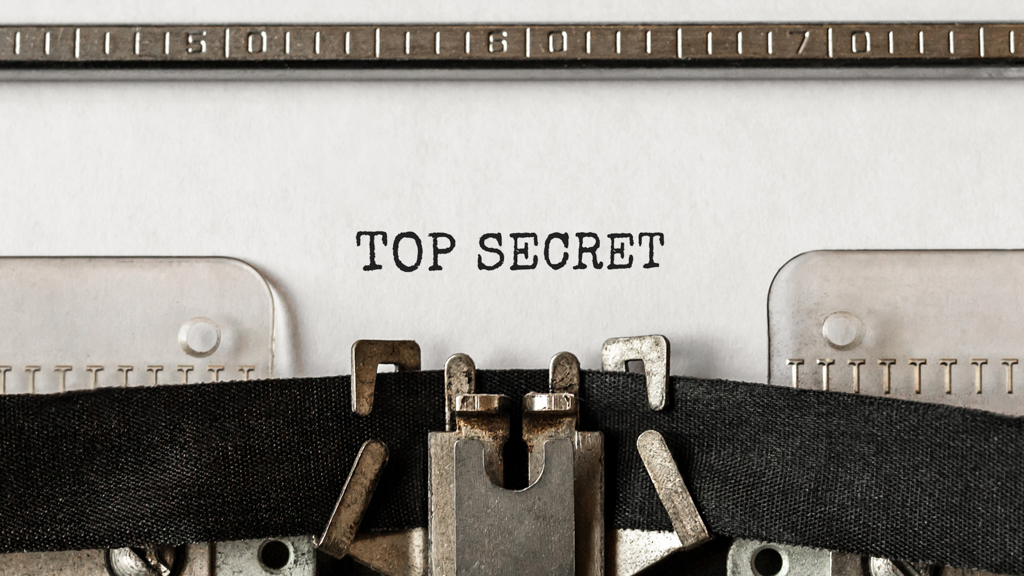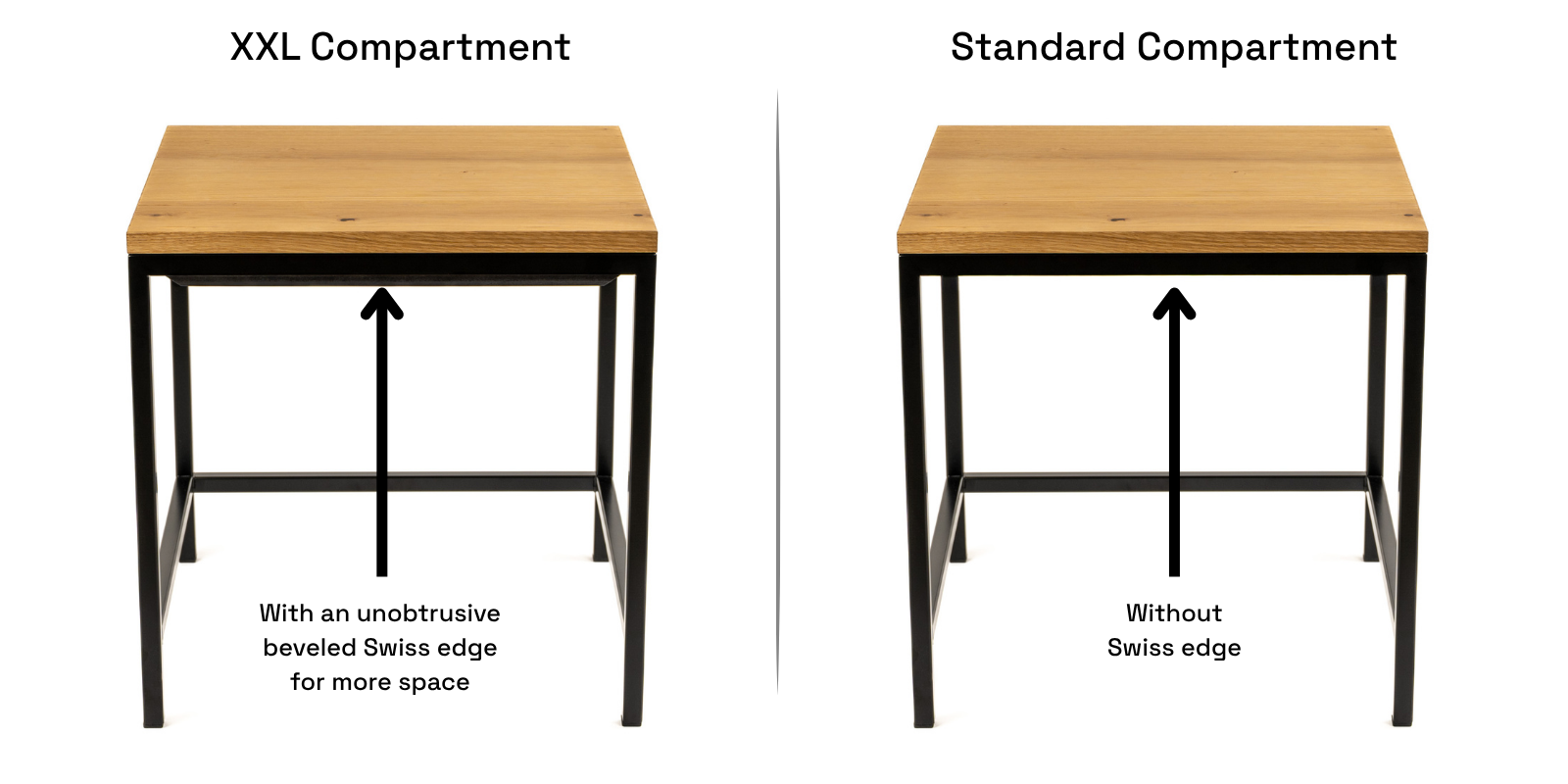From money to love letters – what people really hide!
There are things in life that simply aren’t meant for prying eyes — whether for security reasons or because they’re deeply personal. Be it valuable possessions, important documents, or cherished memories, some things deserve to be kept safe and out of sight. In this article, we’ll take a closer look at which items are most commonly hidden — and why it’s worth giving them a truly secure place.
Valuables – The Main Targets of Thieves
No one wants to become a victim of burglary, but when it happens, thieves usually have very specific targets in mind. That’s why valuable items should never be left in plain sight — they should be stored smartly and securely. Here are the most common things burglars go after:
- Cash – A classic. Money should never be kept in obvious places like the nightstand drawer or under the mattress.
- Jewelry – Rings, necklaces, watches, or valuable bracelets are among the top targets for thieves. A hidden compartment or safe is the best option here.
- Credit cards – They can be misused easily. Always store them separately from cash.
- Phones & tablets – Easy to sell and often full of personal data.
- USB sticks & memory cards – Digital data can be more valuable than you think. Sensitive information should always be well protected.
- External hard drives – Often contain backups, important documents, or precious memories.
- Knives & multitools – High-quality models attract not only collectors but also thieves.
- Cigarettes & tobacco products – Frequently resold on the black market.
- Coins & stamps – Collectibles can have significant value, especially for experts.
- Luxury pens & smartwatches – Brands like Montblanc or Parker are more than just writing tools — they’re status symbols.
- Keys – Car keys, house keys, or spares that can be used for later access.
- Medications – Especially painkillers or sedatives, which are often sought after.
- Copies of important documents – Passports, birth certificates, or other papers that could be used for identity theft.
- Silverware – Often overlooked, but has intrinsic material value.
- ID cards / passports
- High-end automatic watches
Sensitive Documents and Identification
Important papers often contain confidential information. They should not only be stored safely but also protected from unauthorized access. These include:
- Birth certificates & passports – Identity theft can have serious consequences.
- Copies of important documents – Invaluable if the originals are lost.
Secrets in Relationships – What Partners Hide from Each Other
Sometimes it’s not just about keeping things safe from burglars — even within relationships, there are things people prefer to keep private, for one reason or another. Common examples include:
- Secret savings – An emergency fund or money for personal wishes.
- Old love letters & memories – Not everyone wants to share their past.
- Dating apps or secret chats – Not every relationship is completely transparent.
- Hidden credit cards or bank accounts – Some prefer to maintain a degree of financial independence.
- Intimate items – Certain things are simply meant to remain private.
- Expensive purchases – Clothing, gadgets, or luxury items you’d rather keep unnoticed.
- Passwords & secrets on your phone – Hidden chats or social media accounts.
- Cigarettes or alcohol – Especially if you’ve “officially” quit.
- Erotic items – Toys, lingerie, or films.
- Passwords – Important login details that shouldn’t fall into the wrong hands.
Things Parents Hide from Their Children
Children are naturally curious — and that curiosity can become risky when they get their hands on the wrong things. Parents often have good reasons to keep certain items safely out of reach. Here are a few common examples:
- Candy & snacks – Otherwise, they’ll disappear faster than you can blink.
- Valuables & money – To avoid loss or accidental misuse.
- Medications – Children should never have access to potentially dangerous substances.
- Keys to certain rooms or cabinets – For example, where alcohol or cleaning chemicals are stored.
- Adult movies or books – Content that’s simply not meant for young eyes.
- Lottery tickets or betting slips – For parents who prefer not to share their gambling habits.
Category: Confidential Documents
In addition to valuables, there are many documents that are not meant for everyone’s eyes. These should be stored with particular care. Below are the most important items to keep safe:
- Passports – Especially useful in emergencies or for security reasons.
- Birth certificates – Essential proof of identity.
- Marriage or divorce certificates – Particularly important in case of separation.
- Wills – Often contain sensitive financial or family information.
- Adoption papers – Personal and highly confidential documents.
- Ownership or participation certificates – For property or business holdings.
- Savings books & bank documents – For secret accounts or personal savings.
- Cryptocurrency wallet codes – Access to digital assets.
- IOUs or loan agreements – Records of borrowed or lent money.
- Insurance policies – Covering life, health, or valuable assets.
- Tax documents – Especially when large amounts or special deductions are involved.
- Confidential contracts or agreements – Particularly in business contexts.
- Login details or passwords – Written down for online accounts.
- Private letters or notes – Such as old love letters or political contacts.
- Criminal record extracts – For those with something to hide.
- Investigation files or evidence – If involved in legal disputes.
- Firearm licenses – Especially if an unregistered weapon is owned.
- Medical records – Particularly for confidential or sensitive diagnoses.
- Employment contracts or termination letters – When they contain sensitive information.
Additional Items Often Hidden Alongside Documents
- USB drives & hard disks – Containing digital copies or sensitive data.
- Gold, silver, or gemstones – Kept as investments or emergency reserves.
- Keys to lockboxes or safes – Which may hold further secrets.
- Personal keepsakes – Such as cherished photos or old letters.
- Secret SIM cards or burner phones – Used for anonymous communication.
Stealthdesign Hidden Compartments – The Perfect Solution?
Absolutely yes!
Many of the items listed above can be stored safely and, above all, discreetly. That’s exactly where our products come into play!
Whether it’s concealed storage inside your home, hidden compartments in furniture, or modern security solutions such as built-in safes —
there are countless ways to protect valuable or confidential belongings.
The right hiding place not only prevents theft but also keeps curious eyes — from family members, partners, or children — away.
Conclusion: Safe and Secret Storage Is the Key
Whether you’re protecting valuables from burglars, private items from your partner, or dangerous objects from children — there are many reasons to keep certain things hidden and secure. A safe, hidden compartment, or lockbox can help preserve your valuables and personal secrets. Most importantly, it’s about being aware of what truly deserves protection — and where it can be stored most safely.


